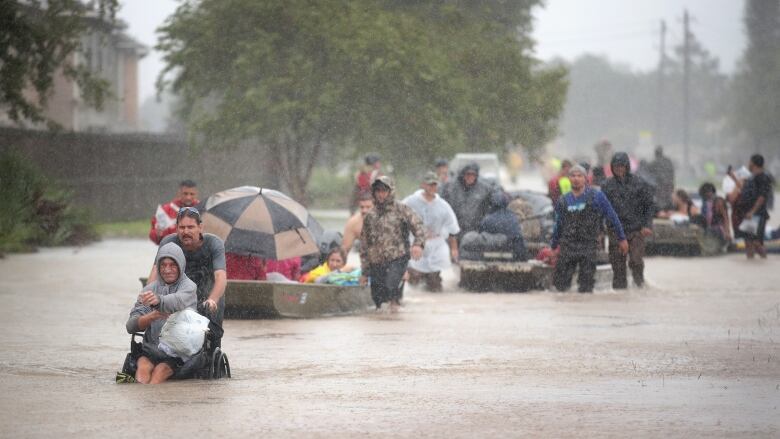Angry Weather: the science of blaming droughts, hurricanes and wildfires on climate change
'Attribution science' can put a figure on how much climate change is to blame for extreme weather events


When a massive hurricane slams into a coastline, destroying homes and devastating lives, we think of it as at some level an act of fate. But the fact that we're transforming our climate with greenhouse gases is certainly contributing to the damage.
In a new book, Friederike Otto — acting director of the University of Oxford's Environmental Change Institute — explains the emerging field of "attribution science," a new way to evaluate the role of climate change in extreme weather events.
Scientists for decades have warned that global heating could result in more extreme weather, but were always wary of blaming any specific weather event on climate change. This is something Otto and her colleagues have been working to change.

To figure out if climate change plays a role in extreme weather, Otto and her team use observations and different climate models to simulate the weather event.
Then they run the simulations again but without the greenhouse gases we've added to the atmosphere and compare the two models — with human-induced climate change and without — to put a figure on how much more likely a weather event is to occur due to our warming climate.
The book is called Angry Weather: Heat Waves, Floods, Storms, and the New Science of Climate Change.
Produced and written by Sonya Buyting
